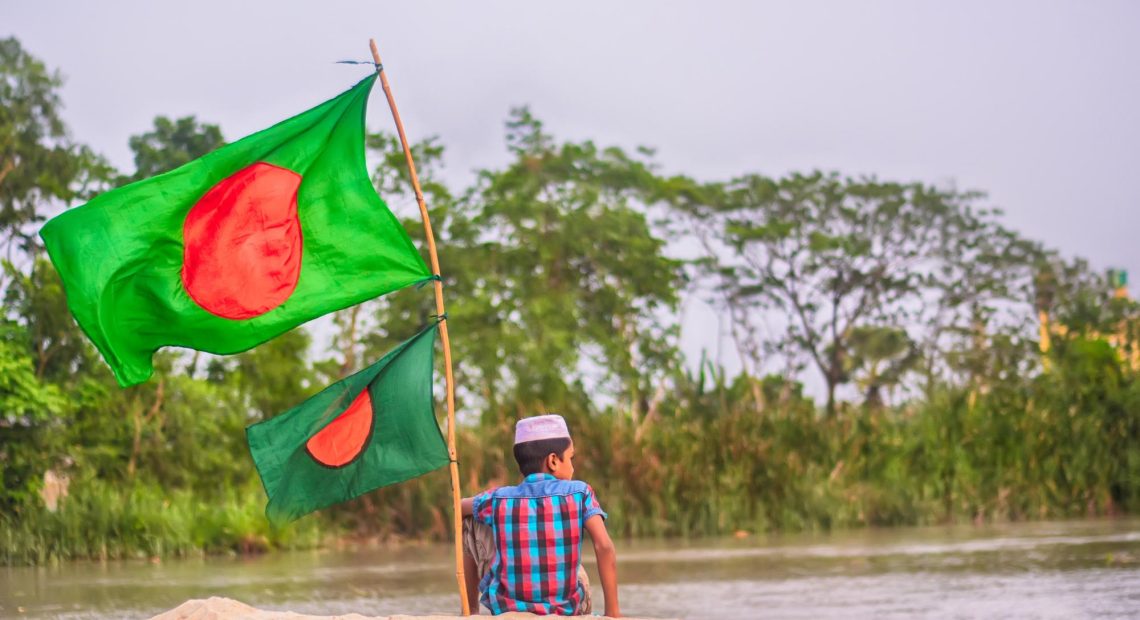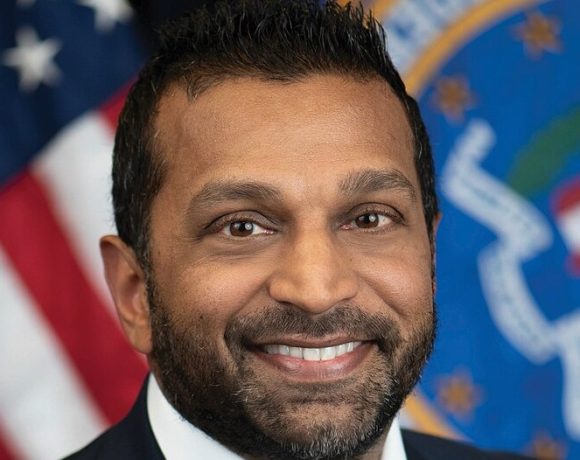
Student Protesters to Launch New Political Party in Bangladesh
In a historic shift following the student-led movement that led to the removal of Prime Minister Sheikh Hasina on August 5, 2024, Bangladesh’s political landscape is witnessing the rise of new leadership. Student protesters, who played a crucial role in the demonstrations, are now transitioning into formal politics by forming a new political party.
Student Leaders Form New Political Movement
Key figures from the Anti-Discrimination Students Movement and the Jatiya Nagorik Committee have announced their intent to establish a political party by February 2025. This move seeks to sustain the momentum generated during the protests and ensure long-term democratic reforms.
“The movement was not just about removing a leader; it was about reshaping the nation’s political structure for a more inclusive and transparent democracy,” stated Nasir Uddin Patwary, convener of the Jatiya Nagorik Committee.
National Revolutionary Council Gains Traction
Another emerging force is the National Revolutionary Council (NRC), founded on December 16, 2024. Led by Khomenee Ehsan, the NRC aims to reshape governance based on Muslim nationalism and historical influences from the Bengal Sultanate.
Anisur Rahman, the NRC’s political head, emphasized that the party’s mission is to dismantle authoritarian rule and establish justice, democracy, and human rights. Their vision is expected to appeal to a broad section of the electorate eager for systemic change.
Interim Government and Political Transition
Following the resignation of Sheikh Hasina, an interim government led by Nobel laureate Muhammad Yunus was put in place to stabilize the country. The administration is working to combat corruption, strengthen democratic institutions, and oversee the transition toward free and fair elections anticipated in late 2025 or early 2026.
With former student leaders now part of the interim cabinet, their growing influence signals a new era in Bangladeshi politics, where youth-led activism is reshaping the nation’s governance. However, the newly formed parties will need to prove their ability to translate activism into effective policymaking.
As Bangladesh enters this transformative political phase, the success of these emerging parties will depend on their ability to maintain unity, formulate actionable policies, and gain the trust of a population eager for change after years of autocratic rule.


















